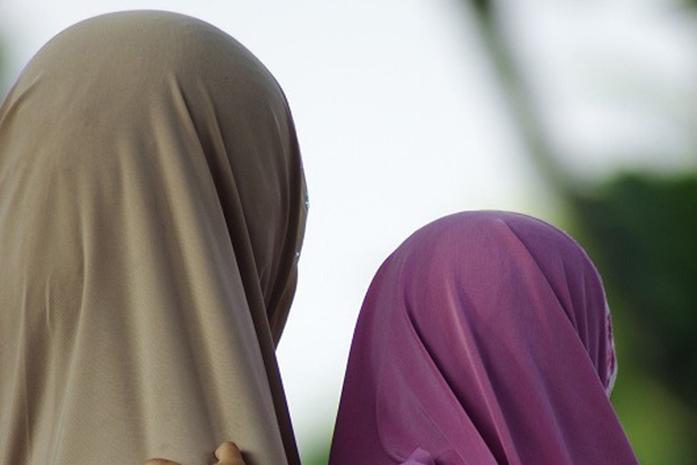Being Muslim in Trump’s America is frightening, but open discussions are necessary to end Islamophobia.
By Anis Shakirah Mohd Muslimin
Confusion, fear and disappointment mixed with ambiguity characterized how I felt about the 2016 presidential election results last week.
Like millions in the country, the aftermath of the results made me ponder how a Donald Trump presidency could potentially affect me. I can sympathize with the fear; I identify as a Muslim, a group that has been openly marginalized and alienated by the country’s president-elect throughout his campaign. Unfortunately, Trump’s fear-inciting campaign strategy was successful.
However, it is important to note that Islamophobia wasn’t created by Trump. Even before the elections, there had been a fair amount of prejudice and dislike directed at Muslims around the nation, especially in the wake of 9/11. Ever since that tragic incident, Muslims have been scrutinized and held to tighter security measures, often used as a convenient scapegoat in the country’s efforts in counterterrorism.
When Trump was announced as the winner of the election, my heart sank knowing that a man who has openly declared plans of a potential shutdown of Muslim immigration and requiring Muslim registration and identity cards won enough in the Electoral College to lead the country. His win validated the notion that many Americans distrusted people such as me and that I wasn’t welcome because of my faith, appearance, and values.
Like many Muslims, I feared for my safety. Trump’s win legitimized and normalized Islamophobia tendencies in many communities, heightening it to new levels and empowering some to commit hate crimes towards Muslims.
According to NBC News, Muslim students at San Jose University and San Diego State University were recent victims of hate crimes. The hijab of a student from San Jose was pulled while a man choked her. Another student at San Diego State was followed by two men, who proceeded to rob her after making comments about Trump. The Iowa City Press Citizen reported on Tuesday that a Sudanese-American family in Iowa City, who are Muslims, discovered a racist note telling them to “go home” in front of their front door on the night of Nov. 11.
A large portion of Islamophobia is fueled by racism, lazy sweeping generalizations, and the lack of exposure to Muslims, despite its being the second-largest religion in the world — there are 1.6 billion Muslims in the world as of 2010 — roughly 23 percent of the global population, according to a Pew Research Center estimate.
You’d think Trump’s outlandish remarks would be a deal-breaker and a solid reason to prevent him from being the Republican candidate, let alone win the presidency. But I guess not.
Trump’s message of “hope” resonated with a large population of American voters who were unhappy with the system. These are people who had deep antiestablishment anger and discontent, working-class people who felt immense economical pain, but were left unheard throughout the campaign trail. I recognize that not all Trump supporters are racist bigots, but I can’t comprehend how people can find it in their hearts to choose a racist, xenophobic, and bigoted man as the face of their country.
Hasan Minhaj of “The Daily Show” eloquently sums up how I felt about Trump supporters; he said, “You personally may not be a racist, sexist xenophobe. But that comes with the package. So if you take that deal, what you’re telling me is: ‘Hey man, I don’t hate you. I just don’t care about you.’ ”
Hopefully, this election will serve as a painful reminder of how powerful racism can advance if we allow it.
I acknowledge why some people would be OK with some of Trump’s policies that clearly target Muslims. In times of frustration, our irrational fear of the unknown forces us to rely on shortcuts for answers, even if it means blaming all Muslims for the actions of a few, an easy solution to a complicated issue.
However, I urge everyone to rise above Trump’s scare tactics and hateful rhetoric and engage in more open discourse. In times of uncertainty, bridges shouldn’t be burned but built with an open mind that aims to listen and empathize.
To my fellow Muslims, I want you to know that you are loved and cared for. It is important to stay strong, be optimistic and hopeful for a positive outcome. Although it hasn’t always been perfect for Muslims, we shouldn’t let the election or hateful people silence us.
While public condemnation of Islamophobia is good to hear, more effort should be placed into facilitating discussions about racism and ways to prevent it. Let’s get together as a community, even if it means putting ourselves in uncomfortable situations or engaging in difficult conversations. Let’s talk.



